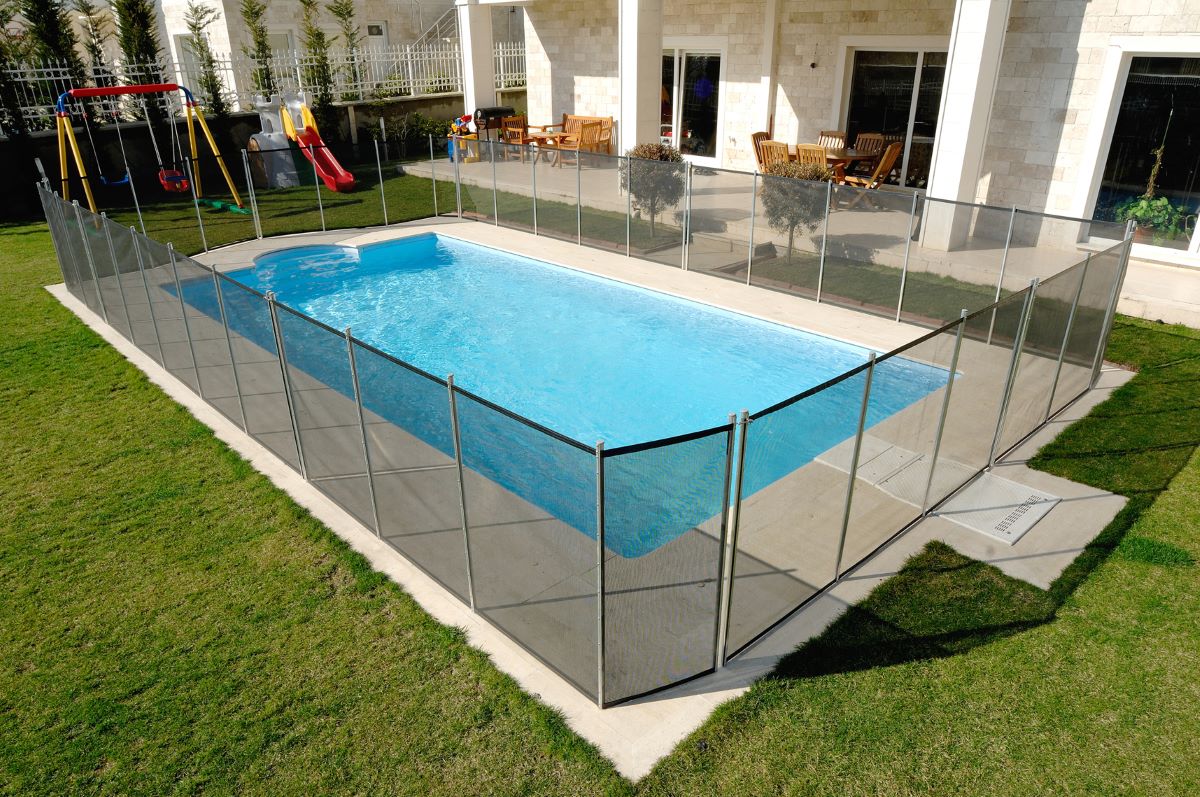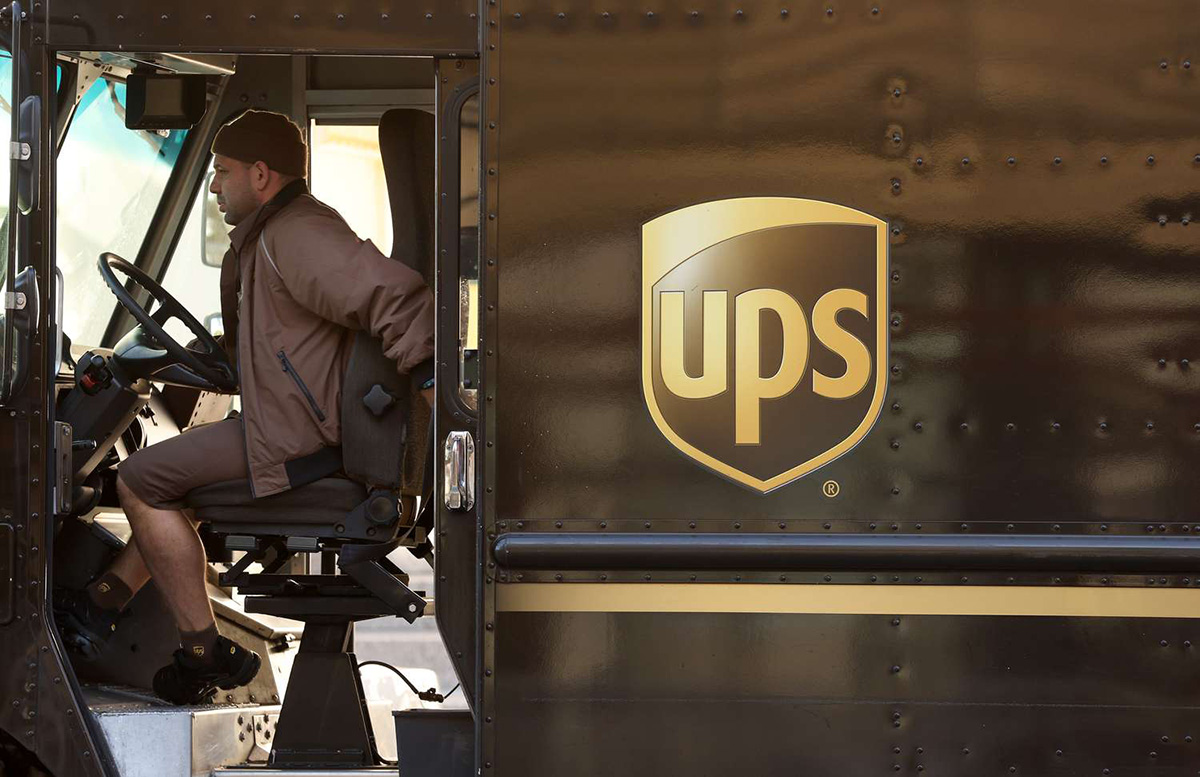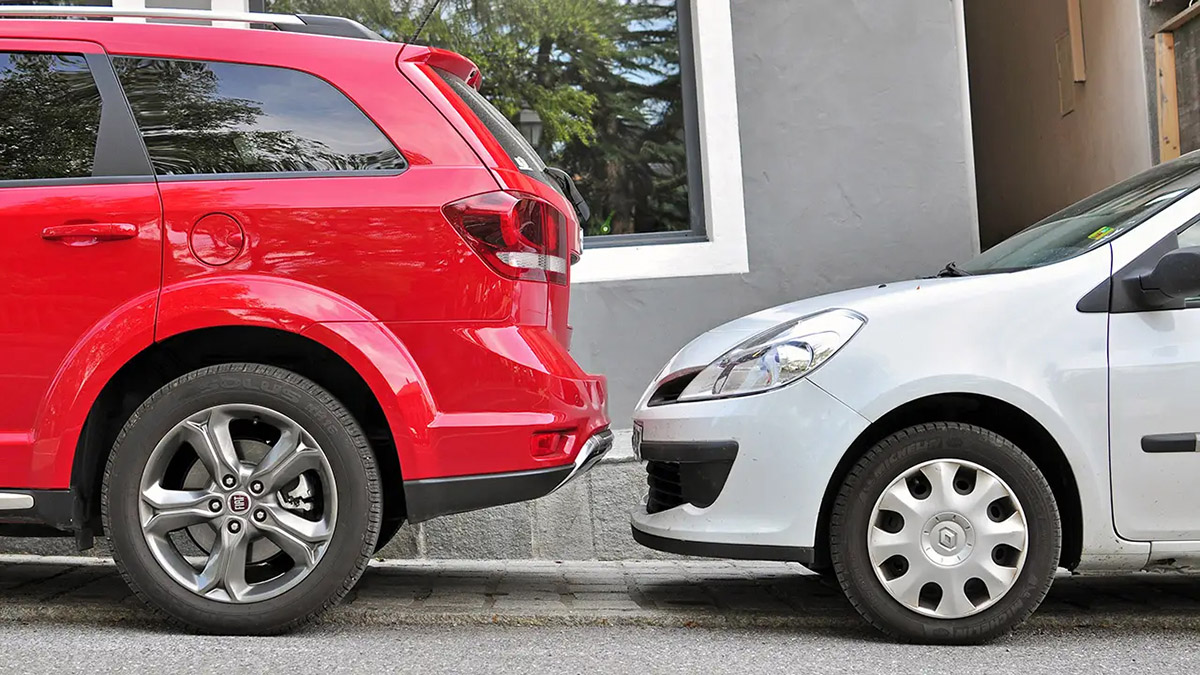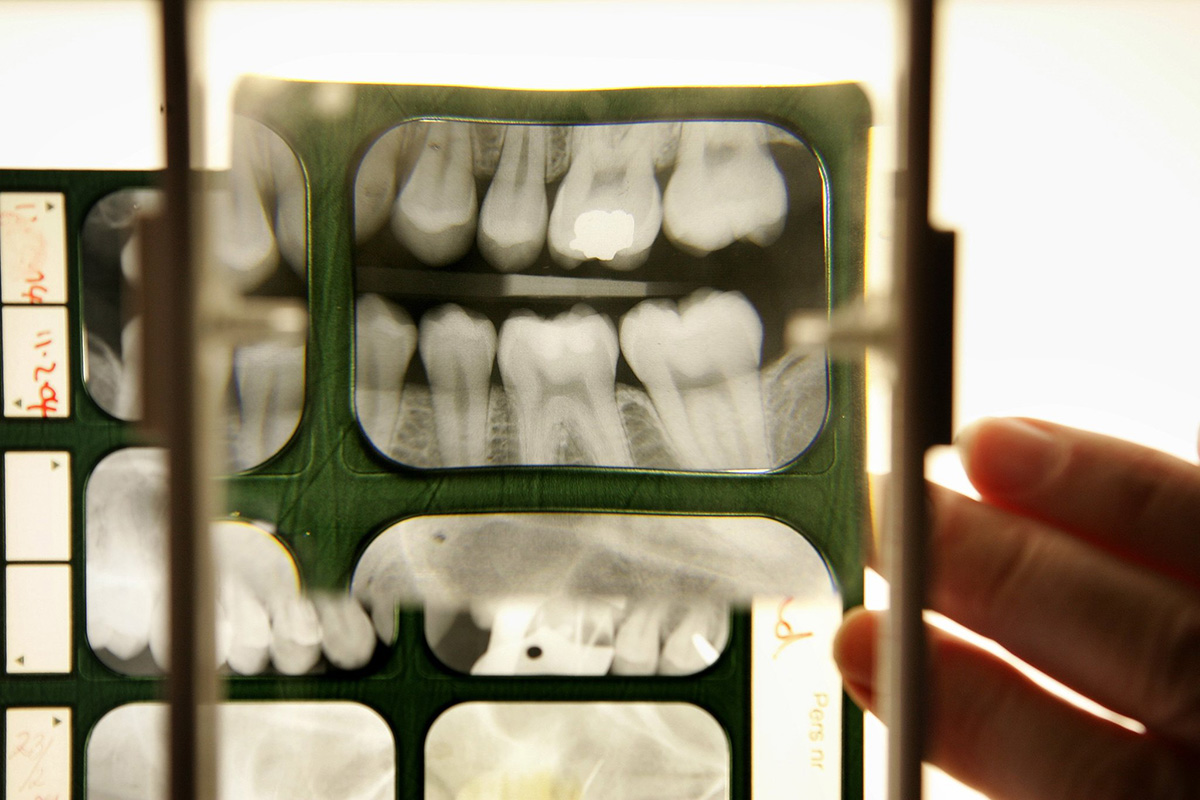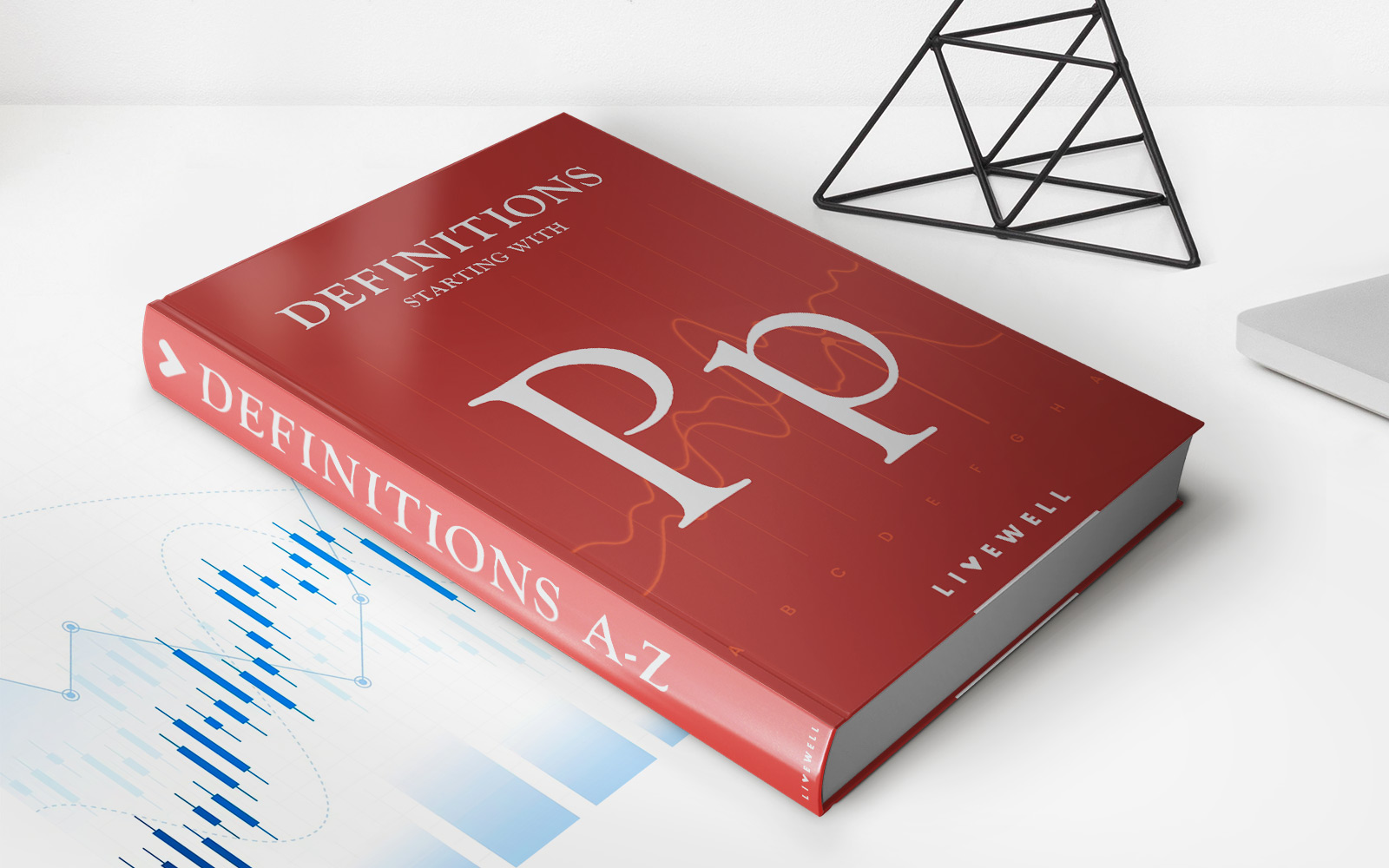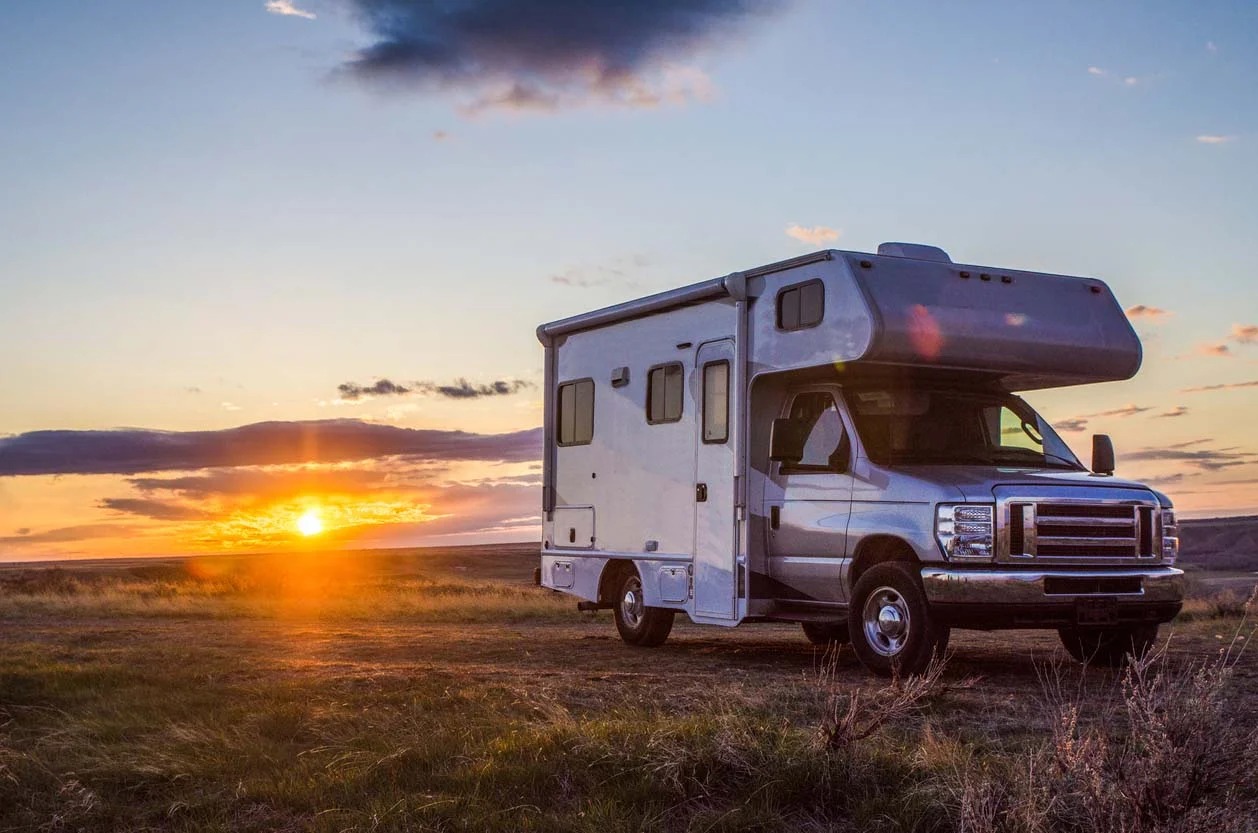

Finance
How Much Does An RV Insurance Cost
Published: November 12, 2023
Wondering about the cost of RV insurance? Find out the average prices and factors that affect insurance rates for financing your motorhome.
(Many of the links in this article redirect to a specific reviewed product. Your purchase of these products through affiliate links helps to generate commission for LiveWell, at no extra cost. Learn more)
Table of Contents
Introduction
Recreational vehicles, or RVs, are a popular choice for those seeking the freedom and adventure of the open road. Whether you’re planning a cross-country trip or simply enjoy weekend getaways in your motorhome, having the right insurance coverage is essential to protect your investment and provide peace of mind. But just how much does RV insurance cost?
The cost of RV insurance can vary significantly depending on several factors, including the type of RV, its value, your driving history, and the coverage options you choose. Understanding these factors can help you make informed decisions when selecting the right insurance policy for your needs.
In this article, we will explore the various factors that influence the cost of RV insurance, discuss the average cost of coverage, delve into the different types of insurance coverage available, and provide tips for finding affordable RV insurance.
So, if you’re contemplating hitting the road with your home on wheels, let’s dive into the world of RV insurance and discover how to protect your investment without breaking the bank.
Factors Affecting RV Insurance Costs
When it comes to insuring your RV, there are several key factors that insurance providers take into consideration when determining your premium. Here are some of the main factors that can impact the cost of your RV insurance:
- Type of RV: The type of RV you own can have a significant impact on your insurance costs. Motorhomes, which are self-contained vehicles, generally have higher insurance premiums compared to travel trailers or camper vans.
- Value of the RV: The value of your RV is another crucial factor. Generally, the more expensive the RV, the higher the insurance premium. Insurance providers consider the RV’s make, model, year, and any additional features or upgrades when assessing its value.
- Usage and Travel Patterns: Insurance providers also consider how often you use your RV and where you plan to travel. If you’ll be using your RV as a primary residence, your insurance costs may be higher. Similarly, if you plan to travel extensively or visit high-risk locations, your premiums may increase.
- Driving Record: Your driving history plays a role in determining your RV insurance costs. Insurance providers typically consider factors such as your number of accidents, traffic violations, and length of driving experience. A clean driving record can help lower your insurance premiums.
- Location: Where you live and store your RV can impact the cost of your insurance. RVs stored in areas prone to natural disasters or with higher rates of theft may incur higher premiums.
- Coverage Options: The type and extent of insurance coverage you choose will affect your overall insurance costs. Basic liability coverage is typically the minimum requirement, but additional comprehensive, collision, and uninsured/underinsured motorist coverages can increase your premium.
Keep in mind that each insurance provider may weigh these factors differently when determining your premium. It’s essential to shop around and compare quotes from various insurance companies to find the best coverage at the most competitive rate.
Average Cost of RV Insurance
When it comes to determining the average cost of RV insurance, it’s important to understand that there is no one-size-fits-all answer. The cost can vary significantly depending on the factors mentioned earlier. However, to provide you with a general idea, we can look at some average figures.
On average, RV owners can expect to pay between $1,000 and $2,500 per year for insurance coverage. However, this estimate can fluctuate based on various factors such as the type of RV, its value, your location, and the coverage options you choose.
For example, Class A motorhomes, which are larger and more luxurious, tend to have higher insurance premiums compared to smaller Class B or Class C motorhomes. Additionally, high-end RVs with extensive features and upgrades will generally incur higher insurance costs.
Geographical location also plays a role in determining insurance rates. Factors such as weather patterns, crime rates, and population density can impact the cost of coverage. For instance, if you reside in an area prone to natural disasters or with a high number of thefts, you can expect your insurance premiums to be higher.
Furthermore, the coverage options you select will influence the cost. Basic liability coverage is typically more affordable, while adding comprehensive, collision, and additional coverage options will increase your premium.
It’s important to note that these average figures are general guidelines and may not reflect your unique circumstances. To get an accurate idea of the cost, it’s best to reach out to multiple insurance providers and request personalized quotes tailored to your specific RV and coverage needs.
By obtaining multiple quotes and comparing the coverage and costs, you can ensure that you are getting the best value for your money without compromising on the protection you need for your RV.
Types of RV Insurance Coverage
When it comes to RV insurance, there are several types of coverage available to protect your investment and provide financial security in the event of an accident, theft, or other unforeseen incidents. Here are the main types of RV insurance coverage you should be aware of:
- Liability Coverage: Liability coverage is the most basic and essential type of insurance for RV owners. It covers bodily injury and property damage liability in the event that you cause an accident. This coverage helps protect you financially if you are found legally responsible for injuries or property damage resulting from an accident involving your RV.
- Comprehensive Coverage: Comprehensive coverage provides protection for damage to your RV resulting from non-collision incidents such as theft, vandalism, fire, or natural disasters. It’s important to note that comprehensive coverage is typically subject to a deductible. This type of coverage is particularly beneficial for owners of more expensive or high-value RVs.
- Collision Coverage: Collision coverage is designed to cover the cost of repairs or replacement if your RV is involved in a collision, regardless of who is at fault. It helps ensure that you are not left with hefty expenses to repair or replace your RV in the event of an accident.
- Uninsured/Underinsured Motorist Coverage: This type of coverage protects you if you are involved in an accident with a driver who doesn’t have insurance or lacks sufficient coverage to compensate for the damages. Uninsured/underinsured motorist coverage can help cover medical expenses, property damage, and other losses.
- Personal Property Coverage: Personal property coverage protects your personal belongings inside the RV, such as clothing, electronics, furniture, and other items. This coverage helps reimburse you for the value of your belongings in the event of theft, fire, or other covered incidents.
- Emergency Expense Coverage: Emergency expense coverage provides financial assistance for necessary expenses incurred while your RV is being repaired or is temporarily uninhabitable due to a covered incident. This coverage can include expenses such as temporary housing, transportation, and meals.
It’s important to review your policy carefully and consider your individual needs to determine which coverage options are necessary for your RV. Discussing your specific situation with an insurance professional can help ensure that you have the appropriate coverage to protect your investment.
Optional Coverages and Additional Costs
In addition to the standard types of RV insurance coverage, there are also optional coverages that you may consider adding to your policy. These optional coverages can provide added protection and peace of mind, but they may also increase the overall cost of your insurance premium. Here are some common optional coverages to consider:
- Full Timer’s Coverage: Full Timer’s coverage is designed for those who use their RV as a primary residence. It provides extended liability protection and additional coverage for personal belongings, loss of use, and medical expenses.
- Roadside Assistance: Roadside assistance coverage provides assistance in the event of a breakdown or other roadside emergencies. This can include services such as towing, fuel delivery, tire changes, and locksmith services.
- Vacation Liability: Vacation liability coverage protects you if someone is injured in or around your parked RV while you’re on vacation. It typically provides liability coverage for bodily injury and property damage that occurs while the RV is parked and being used as a temporary residence.
- Replacement Cost Coverage: Replacement cost coverage protects against the depreciation of your RV by providing coverage for the full replacement value in the event of a total loss. This coverage is especially valuable for newer RVs.
- Attached Accessories Coverage: This coverage protects any attached accessories to your RV, such as awnings, satellite dishes, or bike racks. It ensures that you are compensated for the repair or replacement of these accessories in the event of damage or theft.
It’s important to carefully review your policy and consider your individual needs and circumstances when deciding which optional coverages are worth the additional cost. By discussing your options with an experienced insurance agent, you can determine which coverages are most relevant to your RV lifestyle and ensure that you have adequate protection.
Keep in mind that adding optional coverages will typically increase your insurance premium. However, the peace of mind and added protection they provide may make it worthwhile for many RV owners.
Discounts and Ways to Save on RV Insurance
While RV insurance is an important investment to protect your vehicle and assets, there are several ways you can potentially save on your insurance premiums. Here are some common discounts and strategies to help you lower the cost of your RV insurance:
- Multi-Policy Discount: Many insurance companies offer discounts when you bundle your RV insurance with other policies, such as auto or homeowners insurance. Combining policies can often lead to significant savings.
- Safe Driving Record: Maintaining a clean driving record without any accidents or traffic violations can help qualify you for lower insurance rates. Insurance providers often reward safe drivers with lower premiums.
- RV Association Membership: Some insurance companies offer discounts to members of RV associations or clubs. If you belong to an RV association, be sure to inquire about any available discounts.
- Security and Safety Features: Equipping your RV with security and safety features such as anti-theft devices, alarms, GPS tracking systems, and smoke detectors may make you eligible for discounts. These features reduce the risk of theft and damage, thus lowering your insurance rates.
- Storage and Usage: Where and how you store your RV when it’s not in use can impact your insurance rates. Storing your RV in a secure facility or using RV-specific storage options can often lead to lower premiums. Additionally, if your RV usage is limited to specific seasons or occasional trips, you may qualify for lower rates as well.
- Good Credit Score: Maintaining a good credit score can have a positive impact on your insurance rates. Insurance providers often consider credit history when determining premiums, as a good credit score is seen as an indicator of responsible financial behavior.
- Driving Courses: Completing an approved RV driving course or safety course may qualify you for insurance discounts. These courses provide valuable knowledge and demonstrate your commitment to safe RV operation.
It’s important to note that available discounts may vary depending on the insurance company and your specific circumstances. Make sure to talk to multiple insurance providers and ask about any potential discounts and cost-saving strategies specific to your RV and situation.
By taking advantage of available discounts and adopting proactive measures, you can potentially reduce your RV insurance premiums while still maintaining the necessary level of coverage.
Tips for Finding Affordable RV Insurance
When it comes to finding affordable RV insurance, it’s important to be proactive and take a strategic approach. Here are some tips to help you secure affordable coverage for your RV:
- Shop Around: Don’t settle for the first insurance quote you receive. Take the time to shop around and compare prices from multiple insurance providers. Each company may offer different rates and discounts, so obtaining multiple quotes will help you find the best deal.
- Review Coverage Needs: Assess your specific coverage needs based on how you use your RV and the value of your vehicle. Consider factors such as the type of RV, usage patterns, and intended travel destinations. Having a clear understanding of your coverage needs will prevent you from overpaying for unnecessary coverage.
- Increase Deductibles: Consider raising your deductibles, which is the amount you are responsible for paying before insurance coverage kicks in. Increasing your deductibles can lower your premium. However, make sure you can comfortably afford the higher deductible amount in the event of a claim.
- Bundle Insurance Policies: If you have other insurance policies, such as auto or homeowners insurance, consider bundling them with your RV insurance to qualify for multi-policy discounts. Bundling can result in significant savings on your premiums.
- Consider Effective Safety Measures: Install safety devices such as anti-theft systems, smoke detectors, and GPS trackers to reduce the risk of theft and accidents. Insurance companies often offer discounts for these safety measures, resulting in lower premiums.
- Take Advantage of Discounts: Inquire about any available discounts, such as safe driver discounts, RV association memberships, or loyalty discounts. Insurance companies often offer various discounts that can help lower your premium, so be sure to ask about these options.
- Review and Update Coverage Annually: As your RV ages or your circumstances change, it’s essential to review and update your insurance coverage. You may be overpaying for coverage you no longer need or missing out on additional discounts. Regularly reassessing your coverage ensures that you are getting the most affordable and comprehensive insurance plan.
- Work with an Independent Insurance Agent: Consider working with an independent insurance agent who can help you navigate the various insurance options and find the best coverage at the most affordable price. They can provide personalized advice and help you secure the most competitive rates.
By implementing these tips and being proactive in your search for affordable RV insurance, you can ensure that you have the coverage you need while minimizing your insurance costs. Remember, finding affordable insurance goes beyond just the price – it’s also about getting the right coverage for your specific needs at the best value.
Conclusion
Insuring your RV is an essential step in protecting your investment and ensuring peace of mind while you’re out exploring the open road. The cost of RV insurance can vary based on factors such as the type and value of your RV, your driving record, and the coverage options you choose. Understanding these factors and exploring your options can help you find affordable RV insurance without compromising on the coverage you need.
When searching for RV insurance, take the time to compare quotes from multiple insurance providers, considering coverage options and potential discounts. Assess your specific needs, including the type of RV and your travel plans, to determine the appropriate coverage levels. Additionally, consider implementing safety measures and exploring ways to qualify for additional discounts.
Remember, finding affordable RV insurance is not just about the price; it’s also about ensuring that you have adequate coverage for your vehicle, personal belongings, and liability protection. In the event of an accident or unexpected incident, having the right insurance coverage can save you from significant financial hardship.
Take advantage of the tips provided in this article and work with insurance professionals to explore your options and find the best coverage at the most competitive price. By being proactive and informed, you can embark on your RV adventures with confidence, knowing that you have the right insurance protection in place.




